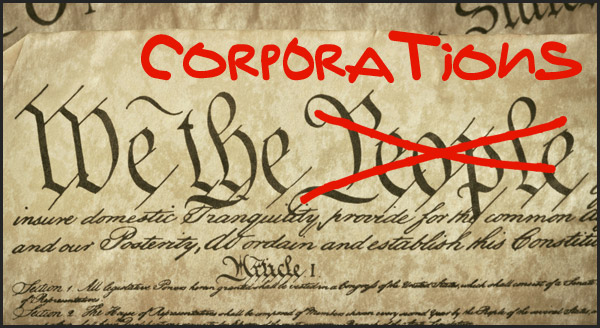Citizens United vs. Friedrich

Folks tend to remember the bizarre reasoning that corporations are people, money is free speech, and there is no appearance of corruption when a corporation hands an elected official a giant suitcase full of money. But one of the arguments that the Supremes rejected in Citizens United was this one:
This problem arises because of the structure of corporations: the owners of the corporations, the shareholders, do not control how the assets of the corporation are used; the managers do. This separation of ownership and control is known as the agency problem in corporate law. The agency problem presents the potential for the shareholders’ agents, corporate management, to use the shareholders’ property, the assets of the corporation, for management’s own purposes. One argument made in favor of limiting corporate expenditures is that management can use the assets of the corporations to support political causes shareholders do not agree with, thereby violating the shareholders’ rights of association. The potential violation of this right gives the government a compelling interest justifying speech limitations.
In other words, shareholders could find their corporate assets being used to support a political cause CURMUDGUCATION: Citizens United vs. Friedrich: "Citizens United vs. Friedrich"
